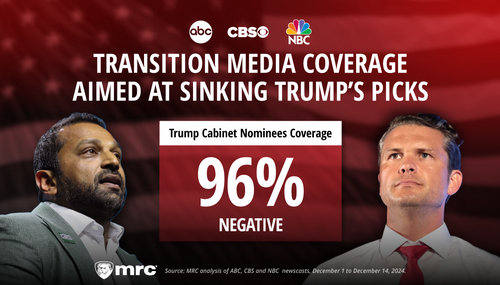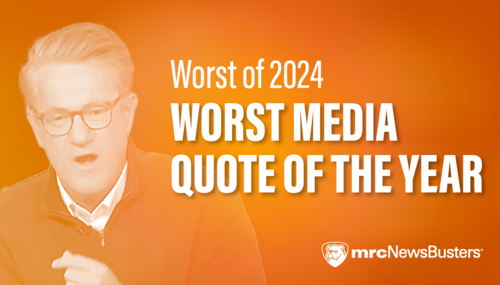In November, I noted that the national press, after extensively covering Philadelphia's deceptively named 1.5 cents per ounce "soda tax" when it passed in mid-2016, has ignored its negative fallout, including layoffs at distributors and grocers along with a significant collections shortfall.
The non-coverage continues, even though it's clear that the jobs lost aren't coming back, additional jobs have been lost, and collections will never reach original projections.
Here's the proof that collections won't increase meaningfully:
Mayor Jim Kenney’s budget proposal reduced the projected revenues from the city’s beverage tax by about 15 percent ... (because) revenues have not met expectations."
 Forecasters underestimated the number of Philadelphians who would visit stores outside of the city to avoid the tax, which typically adds 50-100 percent to the related products' regular price. It really applies to drinks containing sugar or "any form of artificial sugar substitute."
Forecasters underestimated the number of Philadelphians who would visit stores outside of the city to avoid the tax, which typically adds 50-100 percent to the related products' regular price. It really applies to drinks containing sugar or "any form of artificial sugar substitute."
In a PR move, the city found a Wharton business school prof who insisted that reaching 85 percent of forecasted amounts should be considered a success.
But the city had plans for 100 percent of projected collections, and is curtailing planned spending — for now:
The number of free pre-K seats had been scheduled to expand to 6,500 by fiscal year 2023, but this has been reduced to 5,500. The number of community schools was dropped from the scheduled 25 down to 20. ... Finance Department officials have said that planned projects on parks, libraries, and recreation centers will be scaled back as well.
A Pennsylvania Supreme Court challenge could nullify the tax.
Meanwhile, Kenney wants a massive tax increase:
(Philadelphia) has lived through four property tax increases in the last decade alone ...
... (Kenney proposes) boosting property taxes by 6 percent, as well as raising the real estate transfer tax by 8.5 percent. The wage tax would be reduced at a slower pace than previously projected, going from 3.89 percent to 3.84 percent for residents by 2023.
The mix of tax changes — plus an additional $100 million from the city’s general fund — would bring in an extra $980 million for schools over the next five years ...
That wage tax applies to city residents regardless of where they work, and to non-residents who work in Philly, i.e., it's a gigantic example of taxation without representation.
For those who believe that Kenney's tax increases are unrelated to the soda tax shortfall, consider this:
... an Oxford Economics study showed the city has lost nearly 2,000 jobs because of the tax while bottlers' sales dropped 29 percent, according to Bloomberg.
If those lost jobs paid $50,000 per year, the city's soda tax has led to $4 million annually in lost wage taxes — adding to Philadelphia's downward economic spiral. Democrat mayors like Kenney only know one response: raise additional taxes.
Kenney may well divert some of the new tax revenue to cover that soda tax collections shortfall. Perhaps Philadelphia's press will report that if it happens, but it's almost certain the national press won't.
Cross-posted at BizzyBlog.com.




